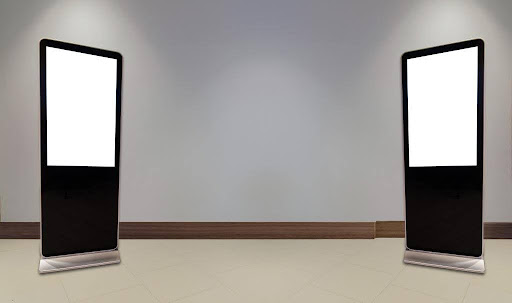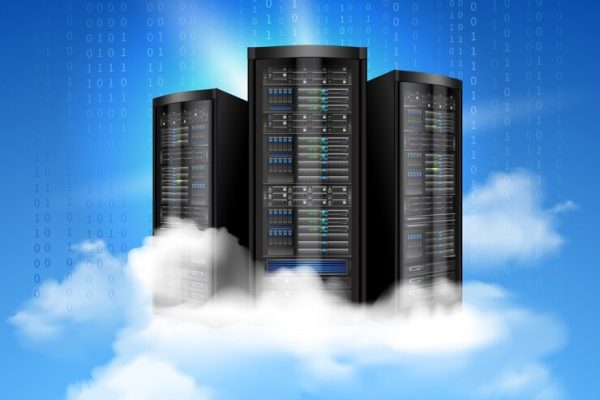The market of call center software grows each year, but the biggest rivalry in the call center software industry seems to be one-sided competition – cloud call center software easily gains an advantage over on-premises solutions, and now takes over 80% of the entire market. Why is it so, especially if we remember how some people were arguing about security issues of cloud solutions?
First of all, cloud solutions are conquering the world – no matter which industry are we talking about. Cloud technologies are used everywhere – in games, SaaS development companies, and so on. Does it mean that cloud solutions will become no-alternative ones in the nearest future? Well, it seems they will.
But why? Is cloud technology so beneficial for users, or for developers only? Or is it another marketing concept that is overrated? Let’s find it out using cloud call center solutions as an example.
Table of Contents
What is cloud technology?
To put it simply, cloud technology (or cloud computing) is a way of delivering computing services – data storage, servers, analytics, and so on – through the Internet to the final consumer of those services. This means that the buyer of services doesn’t have to build its own computing infrastructure to use those services, as this infrastructure is already built and located on the vendor’s facilities. Also, cloud computing means that all the data is stored in the cloud, so even if physical storage or device is destroyed or broken down, you can always restore the data from the cloud and avoid losing information. This also means that access to all data and capabilities is available from any place in the world if only you have a stable Internet connection and PC to use it.
What is a cloud call center solution?
Cloud call center solution is a call center software that uses cloud computing as its main technology. Thus, the cloud call center solution is provided as a SaaS (Software as a Service) tool, which means that to run it you have to pay the subscription fee, get the needed number of working seats for agents and team leaders, and you are all set! Otherwise, if you want to purchase on-premises call center software, you will have to pay also for servers, hardware, setup, and maintenance, and that is why it is just more expensive than cloud software.
What are the main benefits of cloud call center software compared to on-premises?
Fast setup
In the case of a cloud call center solution, the setup rarely takes more than 24 hours, or 48 hours in complicated cases. For on-premises software, setup can take weeks – you have to find proper hardware, deliver it, find a proper location for it, and set it up after hiring IT staff to do it. If you need a solution here and now, or you just know the price of your time, then the best option for your is web based call center solution – https://barbaraiweins.com/cloud-based-call-center-software/
Easier scaling up
You can easily scale up a cloud call center solution, just because it offers scalability options provided by the service provider itself. So, when you understand you need more features or more agents, you must contact your vendor and say what you need – and all changes are done within 24 hours (in most cases). So, it is the most comfortable option ever – you just set a task and pay, and wait until all is done. In the case of on-premises software, you have to scale up your hardware as you are scaling up your entire business – and it means additional expenses and additional time spent.
Advanced features
On-premises call center software is often limited in features and provides only classic call center features, such as call holding, call transferring, basic call logging, and elementary call routing tools. Yes, there are on-prem solutions available with advanced features which are similar to cloud contact center capabilities, but still – advanced features require advanced hardware, and advanced hardware costs a lot, so there is no good option for those who don’t want to pay too much for the setup stage. Also, such disposition isn’t affordable for SMBs. Cloud solutions, on the other hand, offer all the golden features – smart IVR solutions, chatbot integrations, advanced analytics, intelligent call routing modes, and many more.
Integration capabilities
Another vital part of modern call centers is integration capabilities – modern businesses, no matter whether they are small or midsize, or large enterprises, use numerous business tools to manage customer relationships and provide customer service and automate sales. If you use all these solutions separately, there is a high possibility that you will face productivity issues and plenty of time will be wasted on switching between all those tools. On the other hand, you can integrate all these tools into a single interface of cloud contact center solution – imagine how great it is to use your CRM system, help desk software, and cloud call center solution from the single, all-in-one, interface! On-premises solutions also offer integration capabilities, but there is one little nuance – you have to set those integrations on your own, which means paying IT specialists for adapting to the environment and launching integration. What do we get as a result? More expenses, more time wasted, and less efficiency. Is it worth it?
More flexibility and independence
On-premises solution means regular maintenance and potential breakdowns, especially if it is configured in the wrong way. So, if you want to avoid any issues with maintenance or just want to sleep calmly – buy cloud call center software. Any issues that happen are the vendor’s problems and responsibilities, and you can set rules of service in the SLA (Service Level Agreement) before you will start cooperating with the service provider. Moreover, cloud solutions are generally known as reliable and secure solutions, so there is nothing to worry about.





